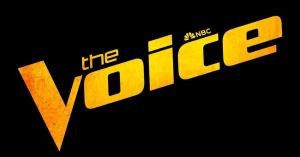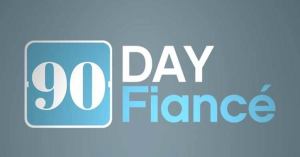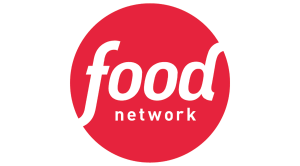Dollar Tree’s name will soon be meaningless when a slew of price hikes hit the retailer. According to a report by CNN Business, Dollar Tree told its shareholders that most of its products would jump to $1.25 in the first quarter of 2022 – a 25 percent increase. The change is being attributed to inflation, and is “not a reaction to short-term or transitory market conditions.”
Dollar Tree’s earnings release on Tuesday came with dire news about the company’s straightforward pricing scheme. It said that its commitment to the $1 price tag has already forced it to stop selling some “customer favorites,” and it is no longer a realistic business model. By raising its prices to $1.25, the company will be able to reintroduce beloved items along with new ones, and to try out wider selections and different sizes of products that customers already gravitate towards.
Videos by PopCulture.com
Dollar Tree also said that the price hike will allow it to increase profit margins by “mitigating historically high merchandise cost increases,” referring to supply chain issues stemming from the COVID-19 pandemic. CEO Michael Witynski said: “This is the appropriate time to shift away from the constraints of the $1 price point.” Like other retailers and economic experts, Dollar Tree seems to be assuming that prices will not drop back down to their pre-pandemic state even when the global supply chain eventually catches up with itself.
Dollar Tree was one of the last true “dollar stores” left in the U.S., catering to the middle class in mostly suburban areas. It carries everything from kitchenware and home decor to stationery, seasonal goods and toys all at a reliable low price. It has already strayed a bit from the $1 price tag in recent years, but has never seen a shift this big in its pricing scheme.
Dollar Tree’s competitors like Dollar General and Family Dollar have already been through price increases of their own that seem to contradict their names. According to CNN, Dollar General caters more to rural areas than Dollar Tree, while Family Dollar is present mostly in cities. Dollar Tree still owns Family Dollar.
CNN’s economic analyst Kelly Bania cast doubts on Dollar Tree’s claim that this was not a reactionary price hike. Bania said: “The pace of rollout, along with [the] engaged investor, Mantle Ridge, clearly suggests otherwise.” Customers shared the same doubts in comments and posts all over social media.








